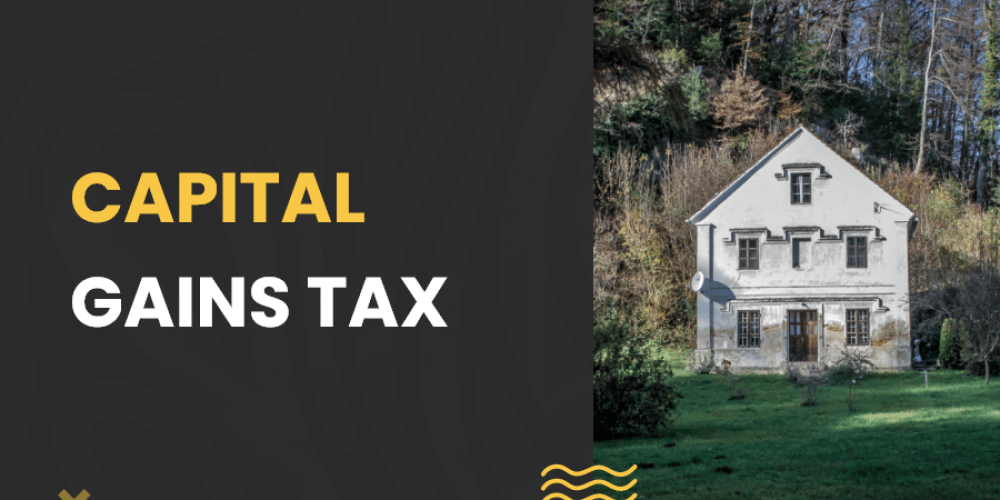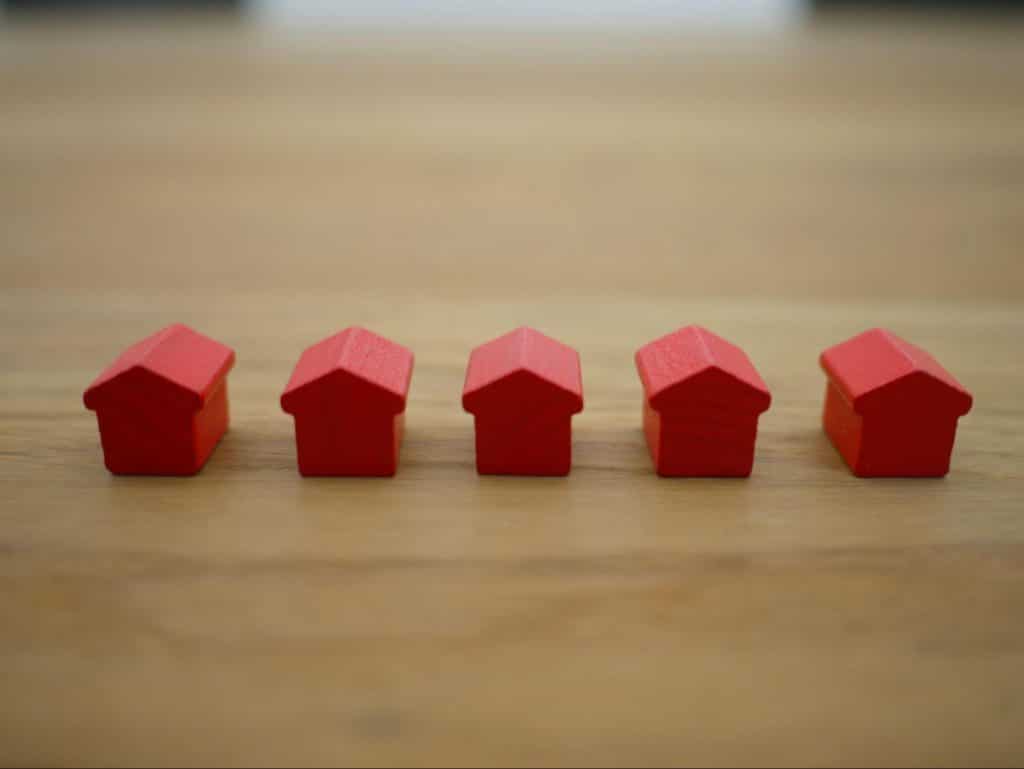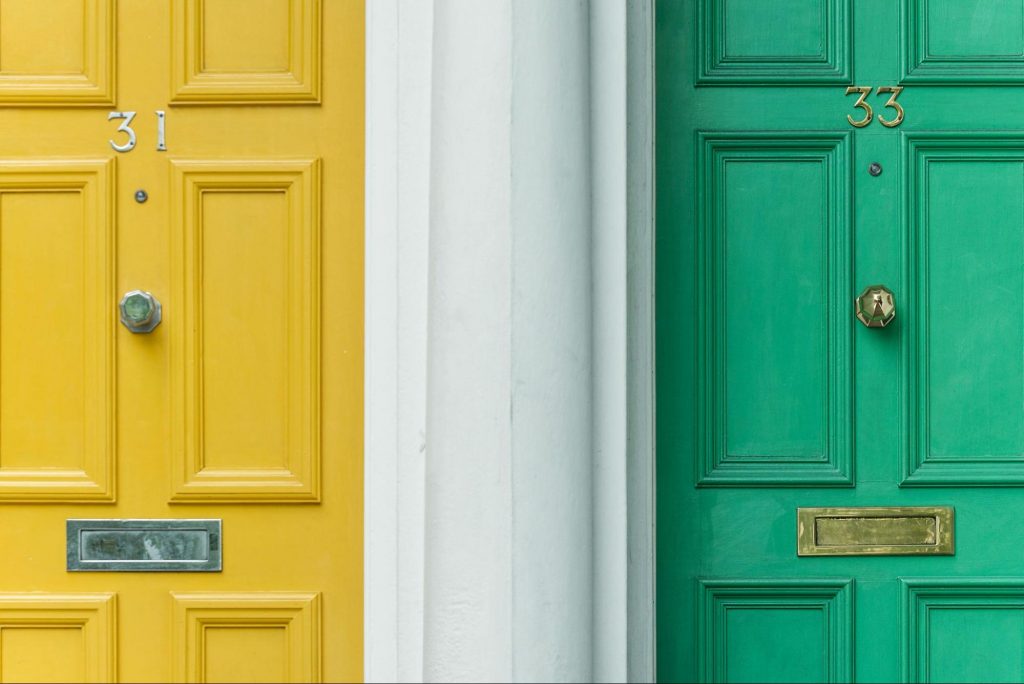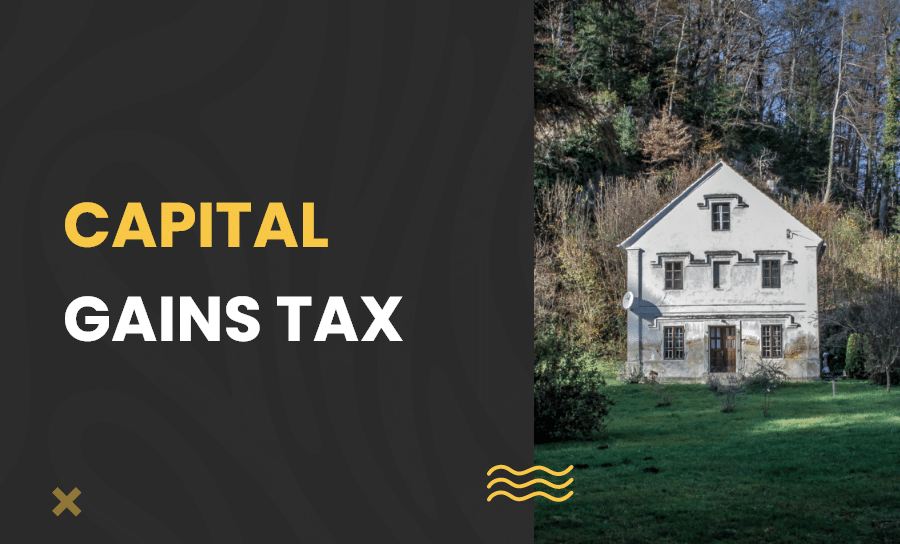
How long do you have to keep a property to avoid capital gains tax?

Source: international-adviser.com
There’s a lot of confusion about the capital gains tax and how it applies to property. How long do you have to keep your property before you’re safe from capital gains?
You may not realize it, but your property investments could be generating capital gains that are liable for tax. If that isn’t a factor in your property investment decisions, it should be.
No one likes having to pay capital gains tax (or taxes in general). However, every time you sell a property (and for some other capital assets) that’s what happens.
If you made a profit on the sale of capital assets, such as stocks and real estate, you may have to pay capital gains tax. If you’re wondering how long you need to hold onto these assets to avoid capital gains taxes, the answer may surprise you.
In this article, you’ll discover exactly how long you have to keep your property before you can consider it tax-free.
What Is Capital Gains Tax?
Capital gains tax is a tax on the sale or exchange of your property. If you sell your property, you pay tax on the gain.
The tax rate is applied after you subtract any income tax (if any) that has been paid or accrued in respect of it. If you sell your property within two years of buying it, you pay no tax.
It’s important to note that these are only the most common capital gains tax rules. Your capital gains may be subject to tax in other countries.
Capital gains tax is a tax introduced by the UK government to prevent excessive investment flows into assets; these were previously tax-free.
In the United Kingdom, capital gains tax is imposed on the sale of assets owned by UK residents. This tax is calculated on a “gain” or rise in value in relation to the price of the asset at the time the asset was acquired.
It’s paid by profit-shifting, whereby an investor is granted prior right to profit from stock without any further contribution of assets or company equity.
What Else Should I Know?
Before you attempt to sell or otherwise make a profit from your property, you must first determine if it is capital property or not.
Whether your property is your principal residence is important because capital gains are taxed at 40 percent when you sell a capital asset such as a house.
As you know by now, you can’t deduct the cost of a property from your income. Instead, you must add the cost of the property plus any capital gains that may occur when you sell it.
Since you’re often buying or building a home for many years before selling it, that’s a lot of moving parts.
To get to the bottom of things, Capital Gains Tax rounds up all the rules and information you need to know about capital gains taxes for personal homeowners.
In order to avoid capital gains tax, you need to show that you didn’t buy the property purely to make a profit. You also need to live in the property for at least two years.
What Should I Do To Calculate The Capital Gains Tax?

Source: Unsplash.com
A regular tax advisor charges you to use their expensive software to determine your tax liability. In many cases, it sounds complicated.
A free tax calculator is a step in the right direction, and it’s highly recommended for people who are stuck or are otherwise thinking about buying or selling their investments. Unfortunately, despite its complexity, it can be pretty expensive as well.
In this tool, they look for your current year’s return, last year’s return, the tax calculation method they would like to use, the taxes deducted by the software, the capital gains tax rate they use, the unearned income to Twitter, and then their fee.
You pay up-front, and then you get back the tax calculation results. For example, if you’ve decided to save 100% of your investment, you can choose between the 3 different calculations (simple, regular, and regular plus capital gains).
That saves you 30 minutes of work and over £300 ($400).
In addition to the tool, you can also find articles and blogs by registration to learn about capital gains tax. That’s a great idea, as the tax calculations vary from year to year and have changed from year to year.
Realistically, you can buy a piece of property tax-free for decades without any unwanted complications.
Summary

Source: Unsplash.com
There are different types of capital gains, and they get rolled up into your capital gains tax when your investments change hands. If you owned your home and everything in it when you died, you get a capital gain because you sold your property—not you.
If you held on to your home for decades, however, and making improvements to it didn’t trigger a capital gain tax during that time, you could pay the higher capital gains tax rate.
Capital gains are calculated by adding all the money you’ve made from your investments (including capital gains from the sale of a capital asset or the evolution of investments) before any taxes are deducted.
To avoid paying capital gains tax, the property you’re living in must be your main residence for the entire time that you’ve owned the property.
You can also avoid capital gains tax if you haven’t let it out to others and used part of the house strictly for business.
FAQs
How long do you have to keep the property to avoid capital gains tax in the UK?
You have to have owned and lived in the property for at least two years. For more details book a call for help.
Do you pay capital gains if you only own one property?
You do not have to pay capital gains tax if you own one main property. Check out more about capital gains, stamp duty, and other taxes.
At what age can you sell your home and not pay capital gains?
There is the over -55 home sale exception that meant homeowners over the age of 55 have a one-time capital gains exclusion. Book a call to learn more about capital gains when it comes to your property.






